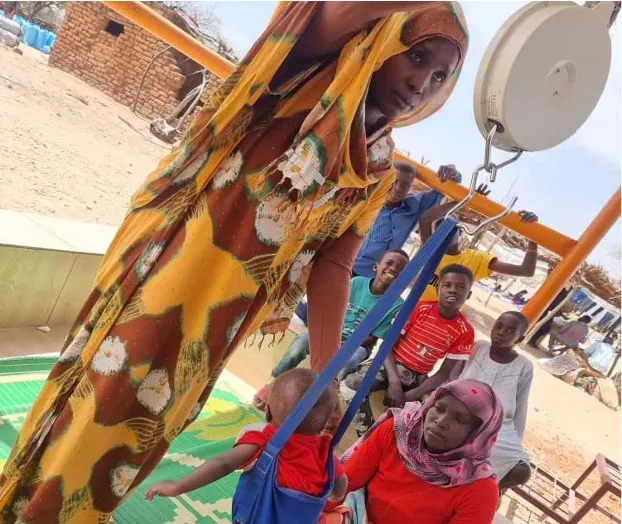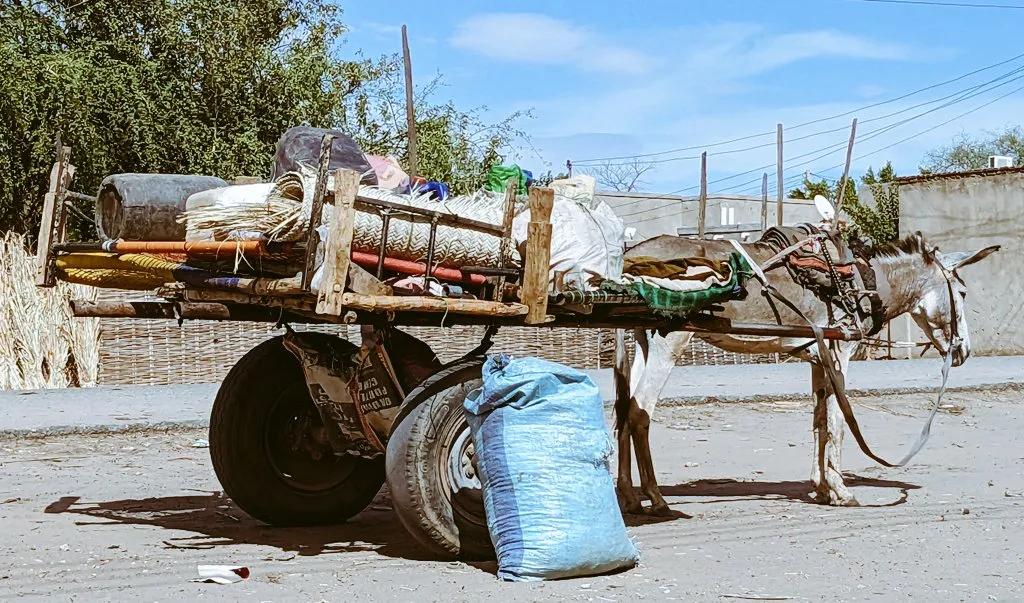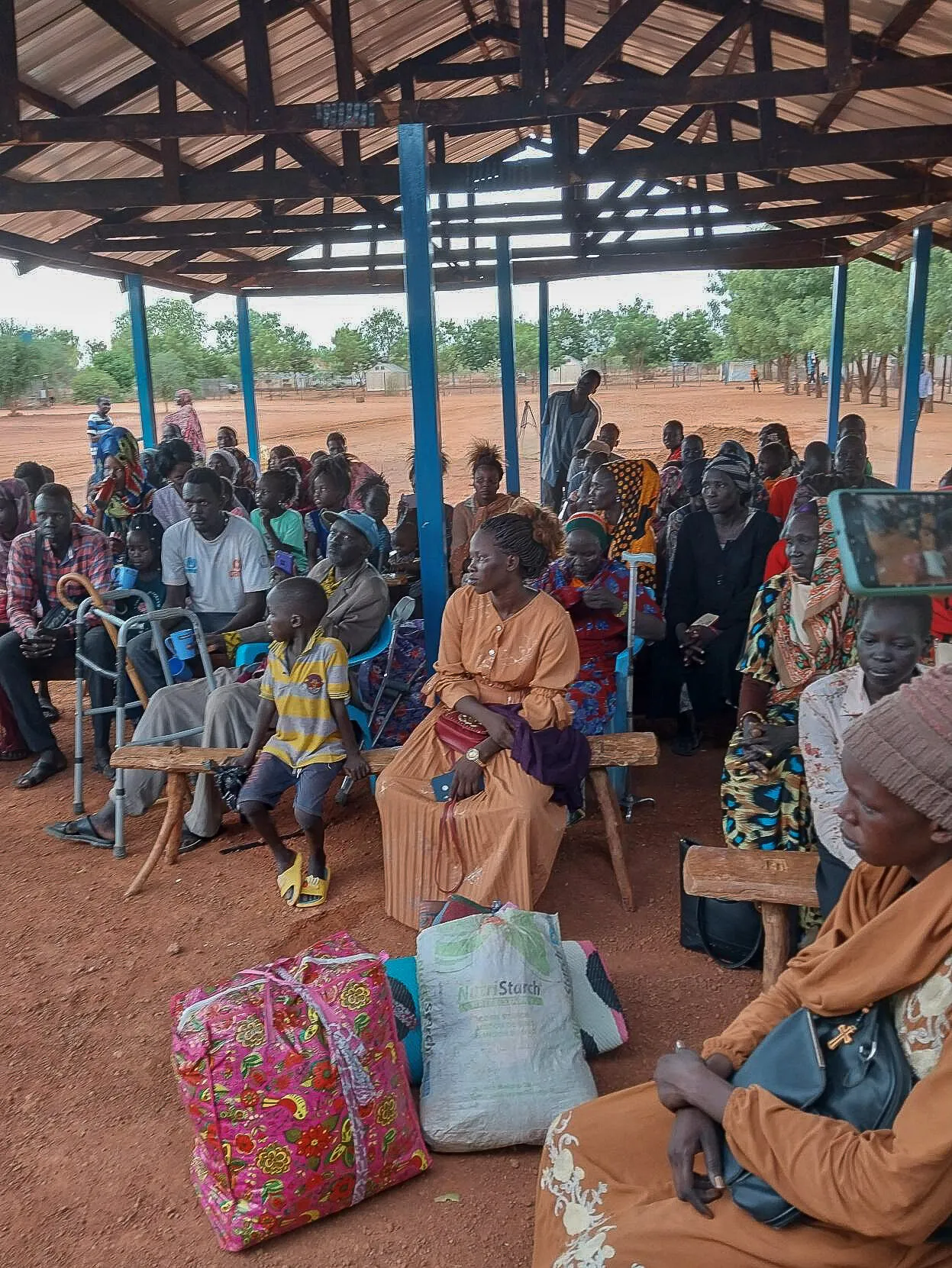South Darfur is one of the world’s most difficult places for health care workers. The CARE Sudan teams are operating under extreme pressure and dangerous circumstances to continue providing lifesaving critical health and nutrition services to the population in need.
Right now, CARE Sudan runs 14 health centers, nutrition facilities, and two stabilization centers in Nyala, Kass, Jebel Marra, and Bileil. CARE Sudan works through the State Ministry of Health staff and community leaders to ensure that health services are provided, despite the ongoing conflict.
“My daughter came down with a cough and had a fever,” says 36-year-old Amana. “I was not sure what to do as many of the clinics in Kass Kabeer were closed due to war. A neighbor informed me that CARE’s Mother and Child Health Center in the Al Khafah neighborhood is operational. The medical assistant examined my daughter and gave her some medicines for free. I was so happy about that, because I had no money.”
“Now my daughter is ok, and she started to play with her brothers and sisters again.”
“My child is suffering from malnutrition,” says 30-year-old Fatima. “I used to take him to get medical care and therapeutical feeding in the CARE Sudan clinic in Al Salam Internally Displaced People (IDP). When the war erupted, I was grateful that the clinic was still working. I bring my child every week for the nurse to examine him and verify that he has gained weight.”
Despite these efforts, problems persist.





